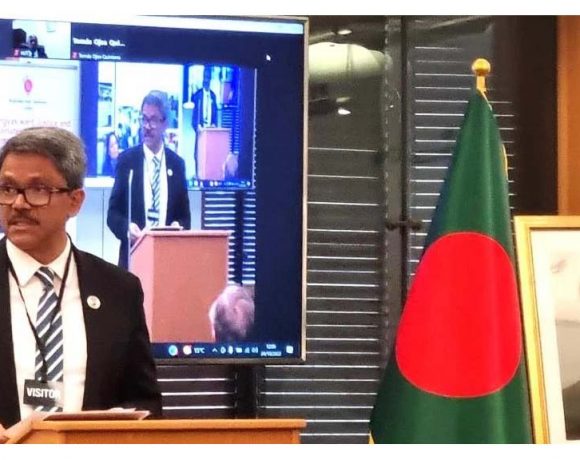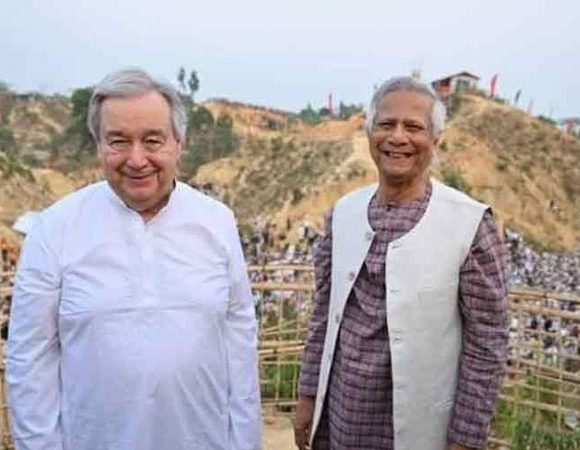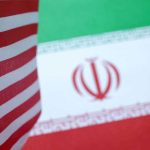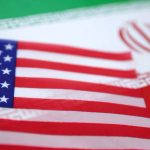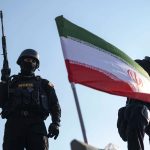BNP, NCP spar over election timing during consensus talks
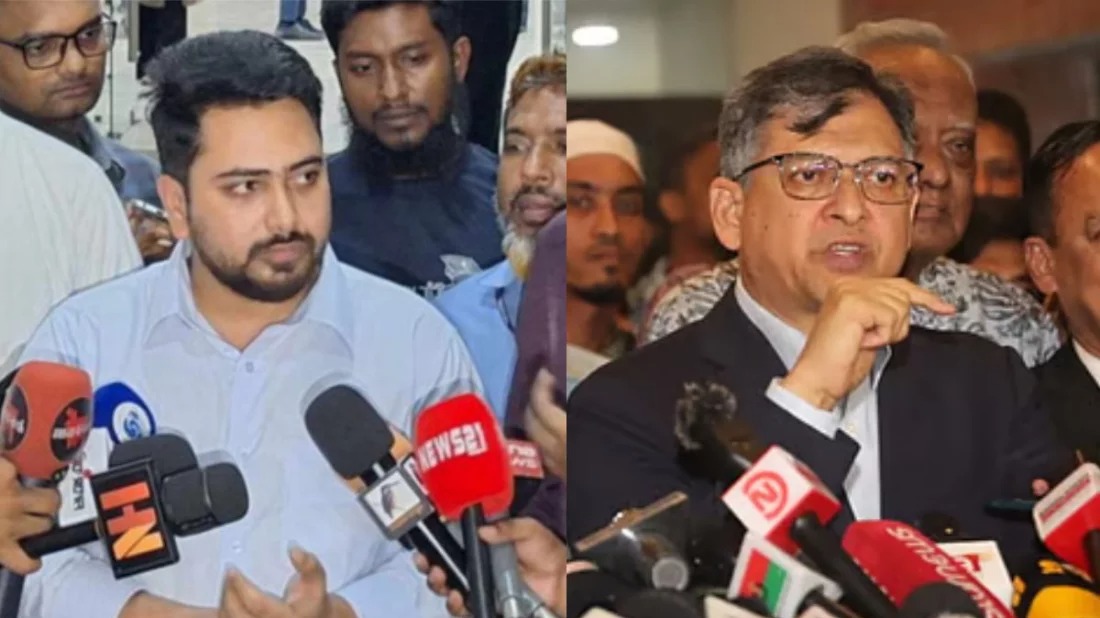
PARBATTA NEWS DESK
The Bangladesh Nationalist Party (BNP) and the National Citizens Party (NCP) engaged in a sharp exchange of views on Monday (2 June) during a meeting with the National Consensus Commission, led by Chief Adviser Dr Yunus, over the timing of the upcoming national parliamentary election.
The meeting, held at the Foreign Service Academy in Dhaka, marked the second round of dialogue between political parties and the commission. While the primary agenda was to advance discussions on proposed electoral reforms, much of the session was dominated by disagreements over whether the 13th national election should take place in December 2025 or be deferred to 2026.
The BNP delegation was led by its Standing Committee member Salahuddin Ahmed, while NCP’s three-member team was headed by its convener Nahid Islam.
Chief Adviser Dr Yunus opened the session by welcoming the parties and thanking them for continuing dialogue with the commission. He delivered a brief four-minute speech before turning the floor over to the political representatives.
Speaking on behalf of the BNP, Salahuddin Ahmed stated, “BNP is not willing to allow even a single day beyond 31 December for the election to be held.” He added that all necessary reforms – excluding constitutional amendments – could be completed within a month.
In response, NCP’s Nahid Islam remarked, “Some parties, aligning with India, want the election to be held in December. Their statements are no different from India’s. They are speaking in India’s tone.”
This drew a strong reaction from BNP representative Salahuddin who replied, “If wanting the election in December means speaking in India’s tone, then those wanting to delay the election must be speaking in the tone of the United States or China.”
According to at least six participants present at the meeting, this exchange escalated into a heated argument between the BNP and NCP representatives.
A senior political leader, who spoke on condition of anonymity, said the meeting veered off course from its intended focus on electoral reforms. “Instead of discussing reforms, it became a debate over the timing of the election. BNP and NCP clashed over whether the vote should be held in December.”
He added, “Some smaller parties appeared to participate only to support BNP’s position. They offered no independent views and seemed more concerned with the election date than with national interest.”
Another political party leader observed, “Although reforms and judicial matters were meant to be discussed, most of the time was spent on when the election should be held. As a major party, BNP should not be so inflexible about holding the election in December.”
He further noted, “If reform implementation requires time until June, there should be no objection to allowing that time. This is what sparked the dispute between BNP and NCP.”
Following the meeting, Salahuddin Ahmed reiterated BNP’s position to the media: “We believe the national election can be held within December. It is crucial to identify and implement necessary reforms, especially electoral reforms, based on consensus.”
He emphasised that, “There is no reform – excluding constitutional amendments – that cannot be implemented within a month through executive orders.”
“There is no rational reason to hold the election after December. We have clearly communicated our position and reiterated our proposal,” he said.
Speaking separately, NCP convener Nahid Islam argued against announcing the election date prematurely. “Announcing the date before the implementation of the July Charter would be inappropriate. It could hinder the reform process,” he said.
“We have urged everyone to wait – we have already waited 16 years, then another 10 months, and we are ready to wait two more months. We, all the political parties, want to give the government that time,” he added.
He further stated, “Comprehensive reform of the electoral system is essential for a fair election. We have called for the restructuring of the Election Commission and amendments to election-related laws.”
Source: The Business Standard

